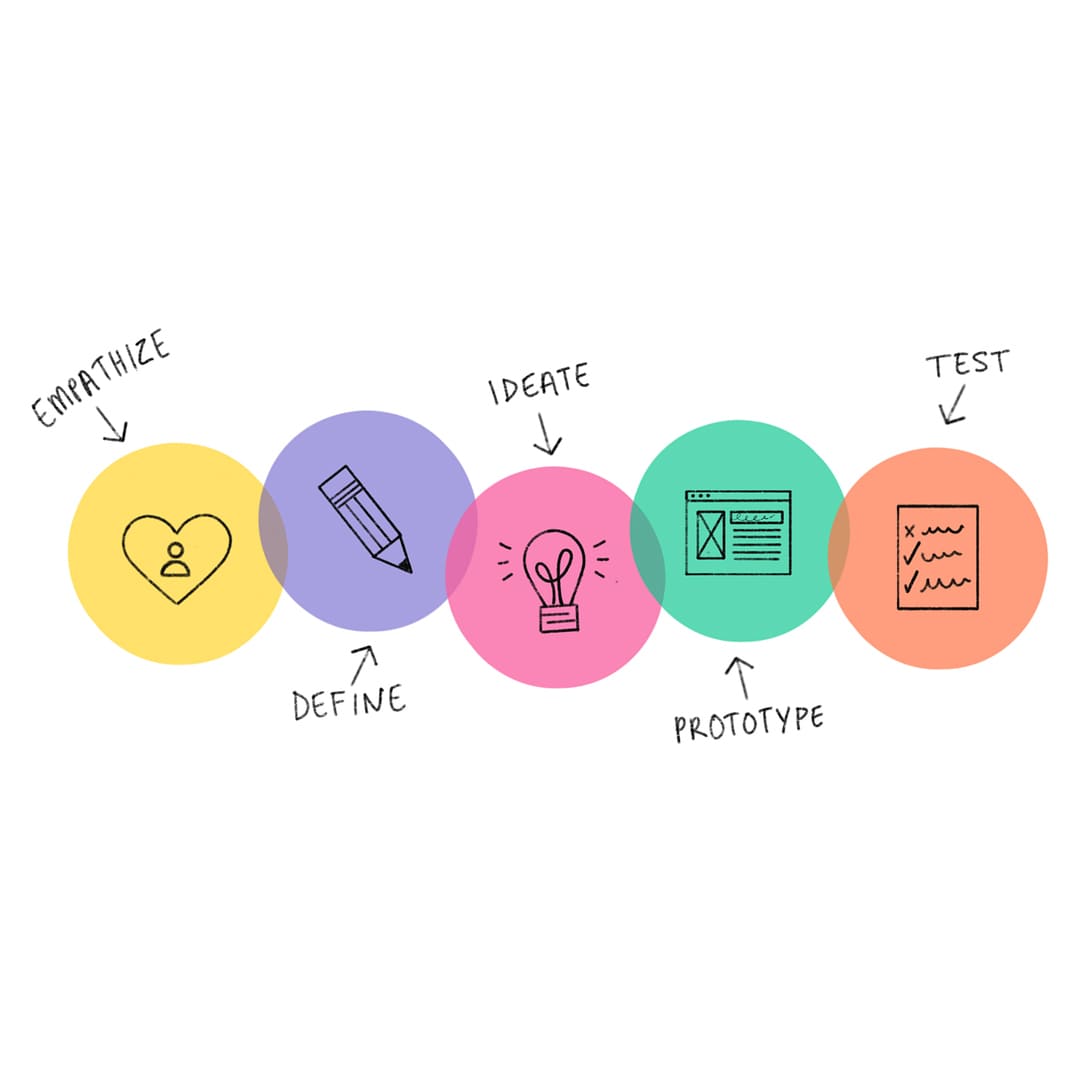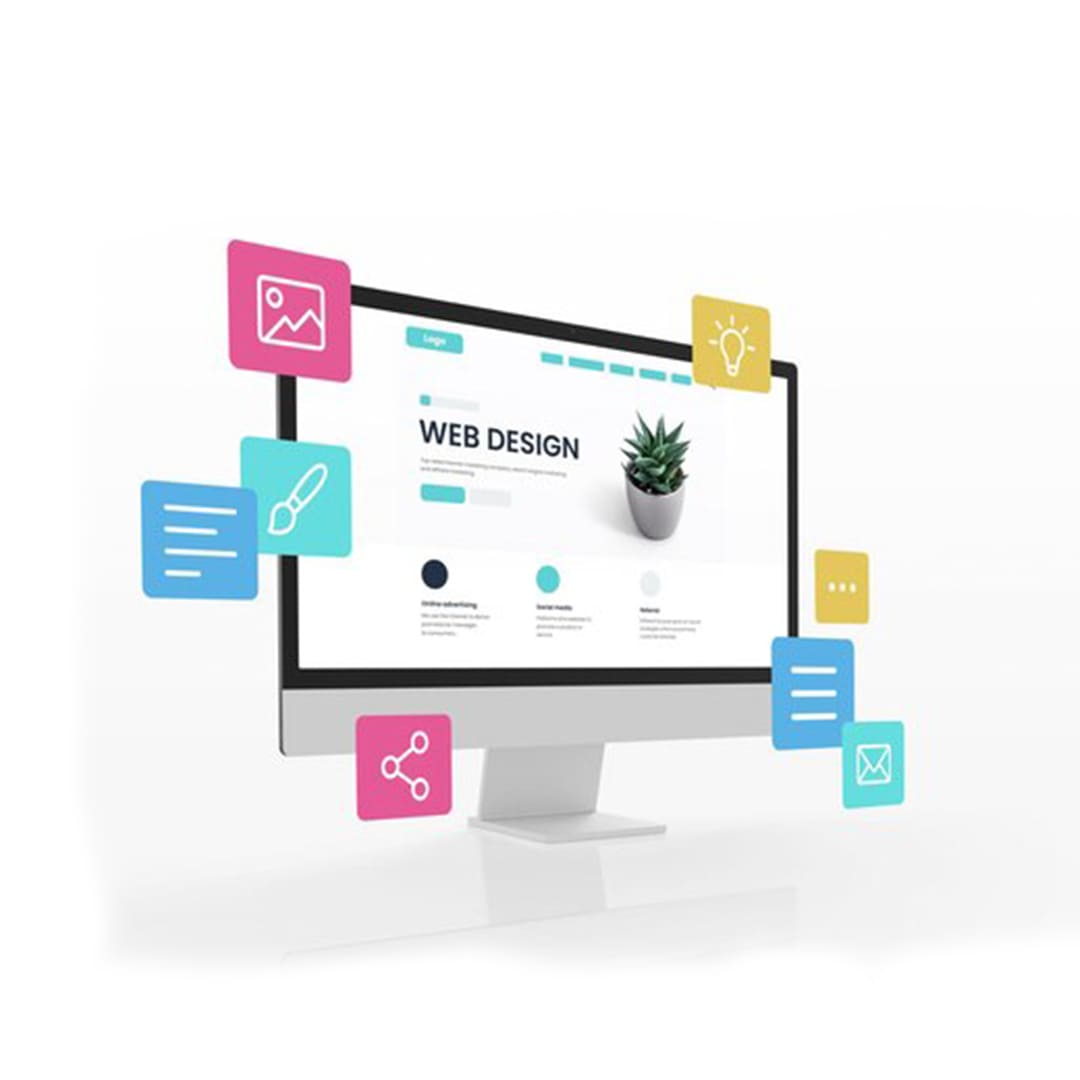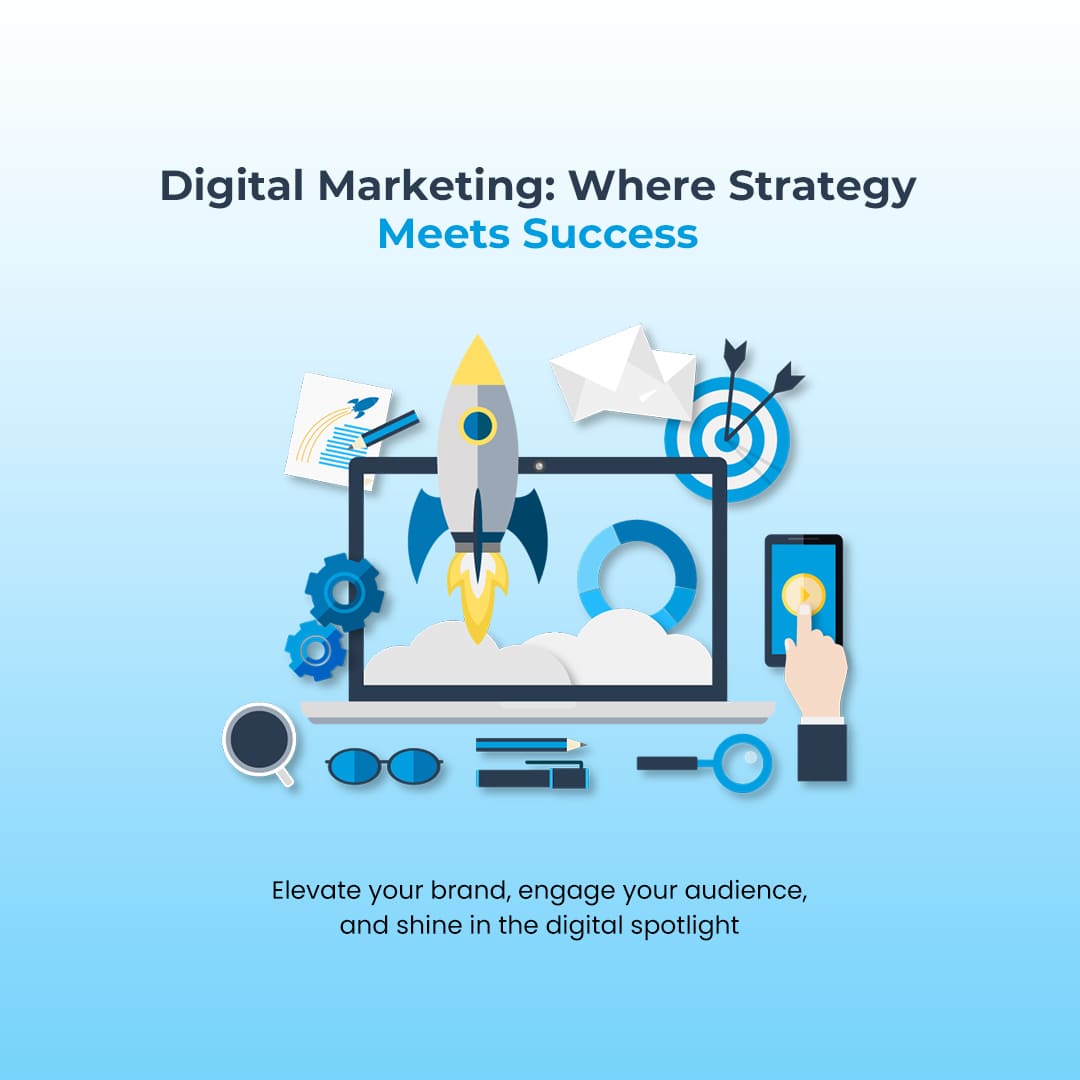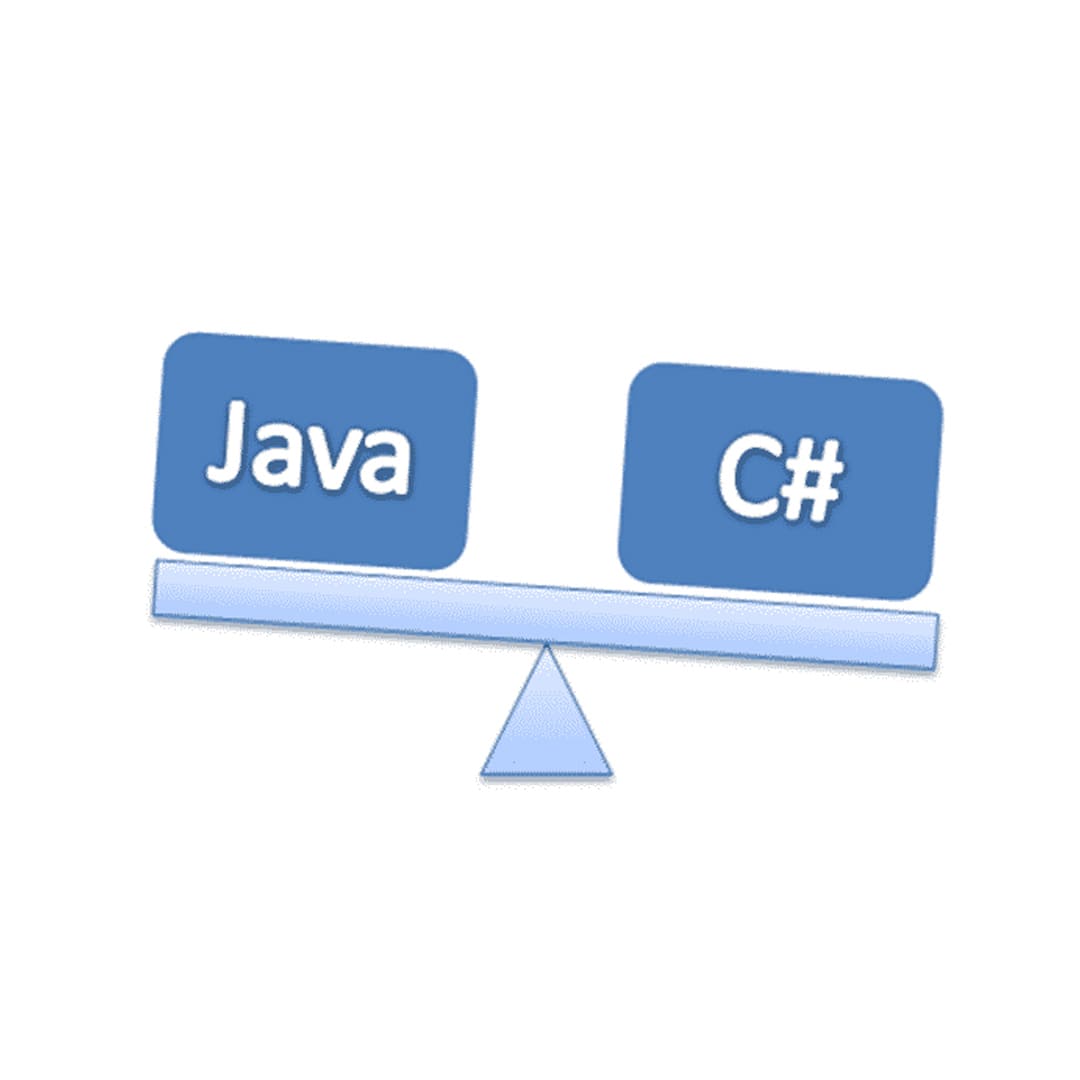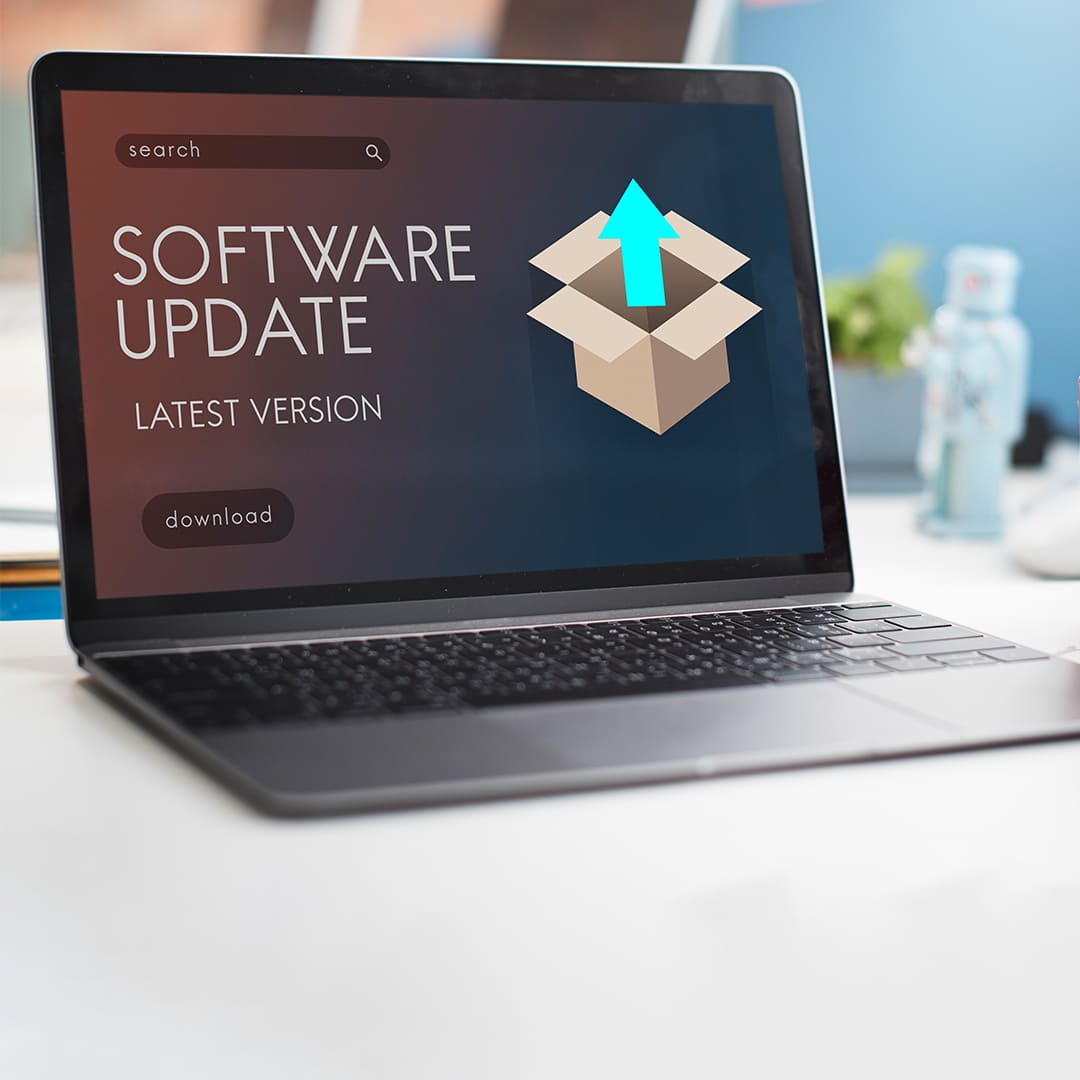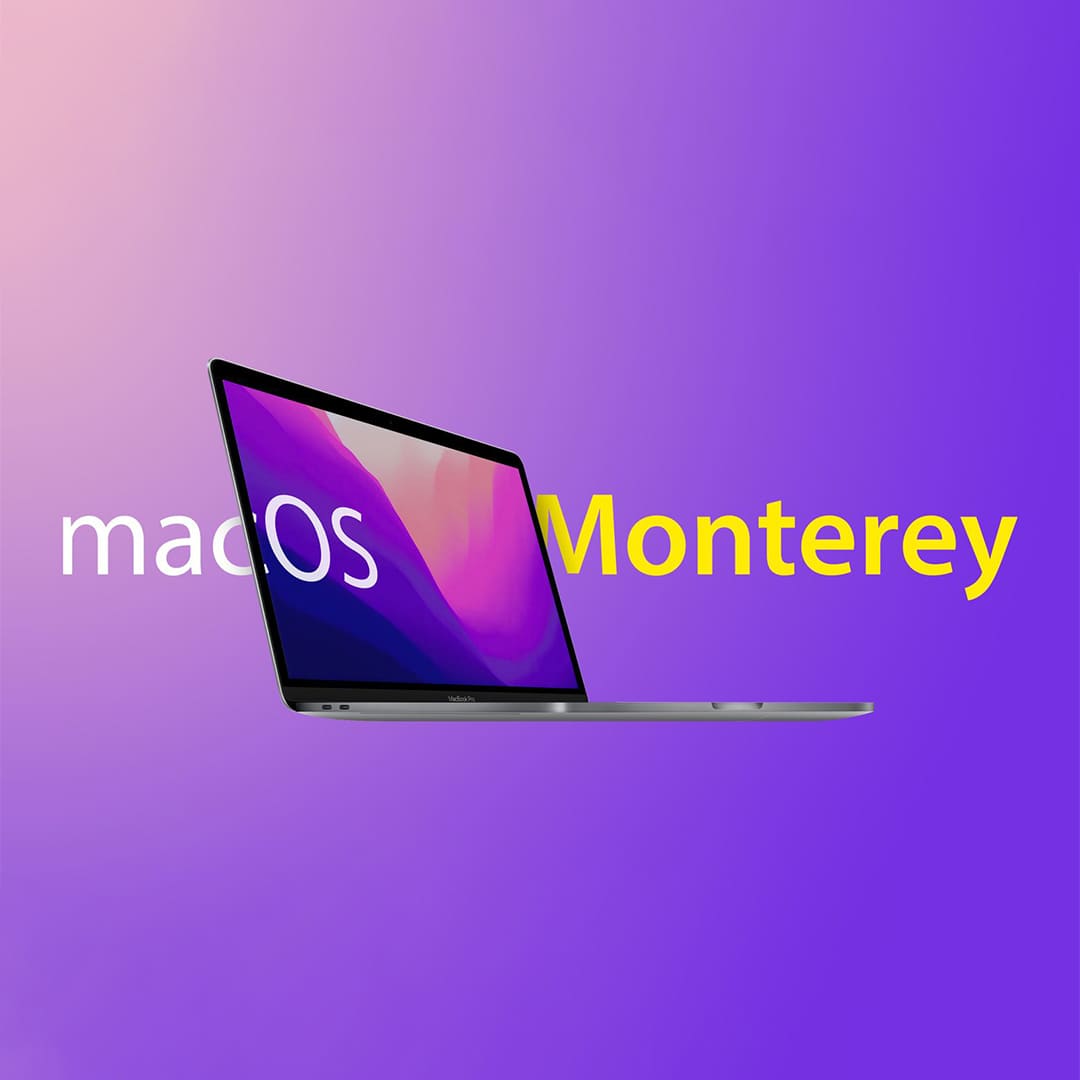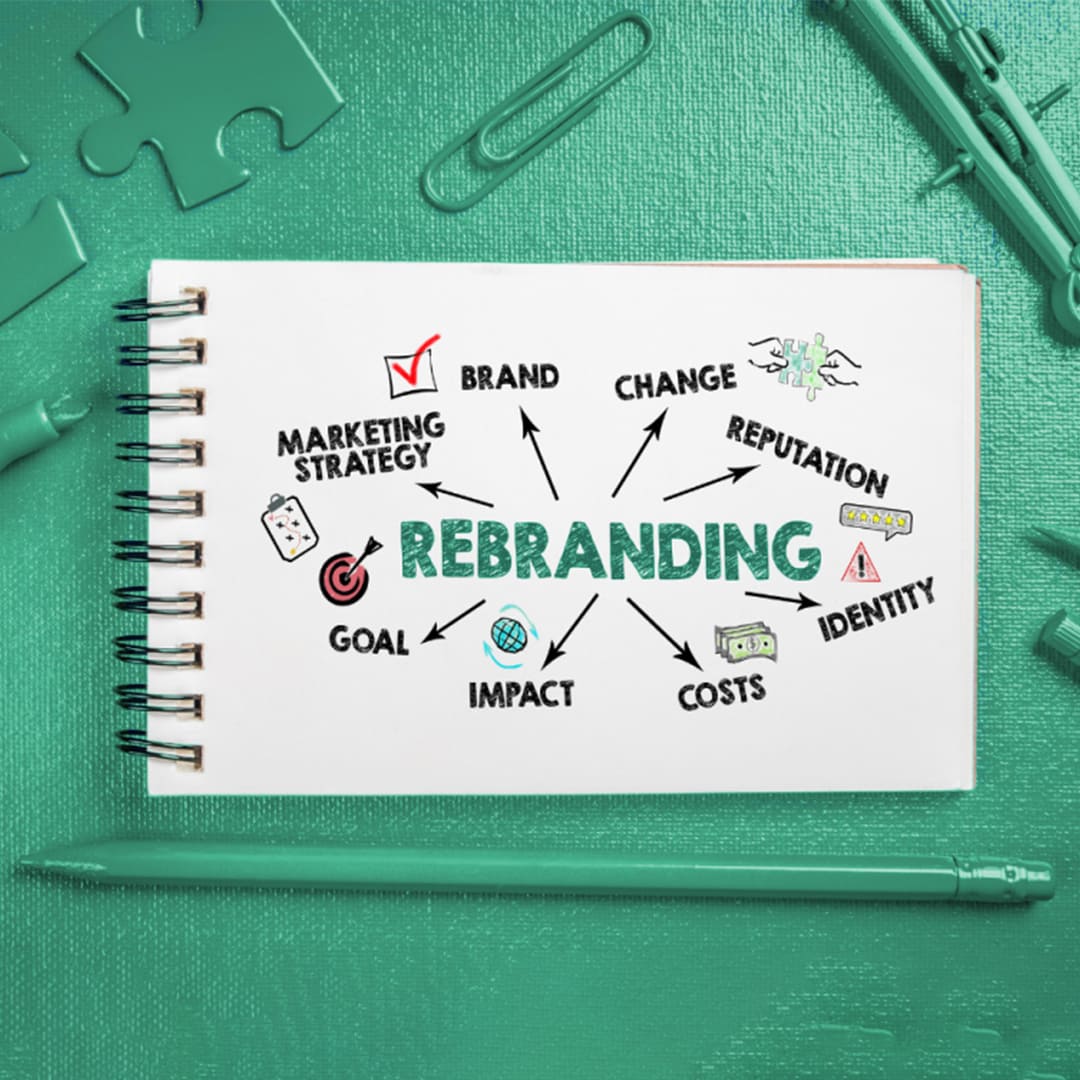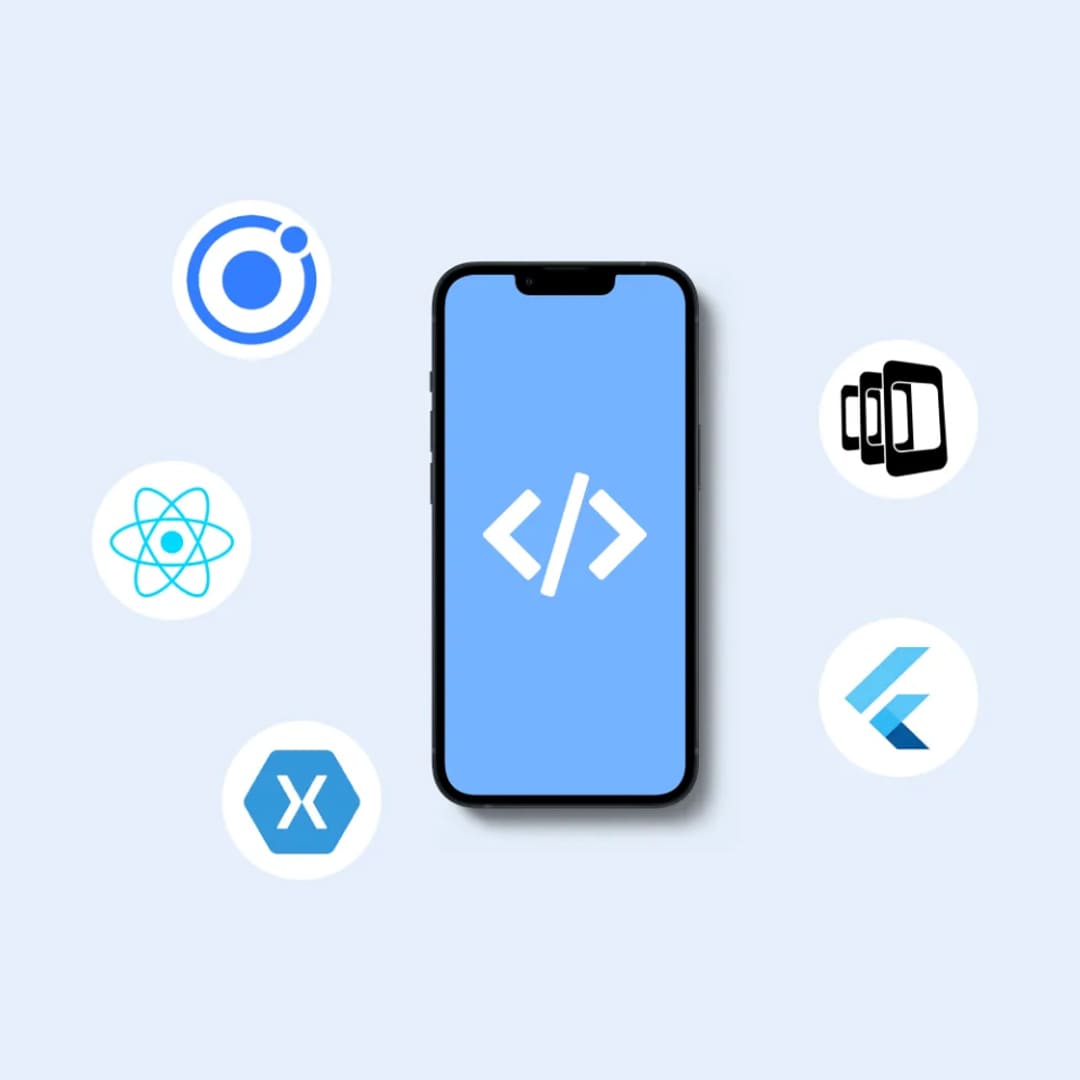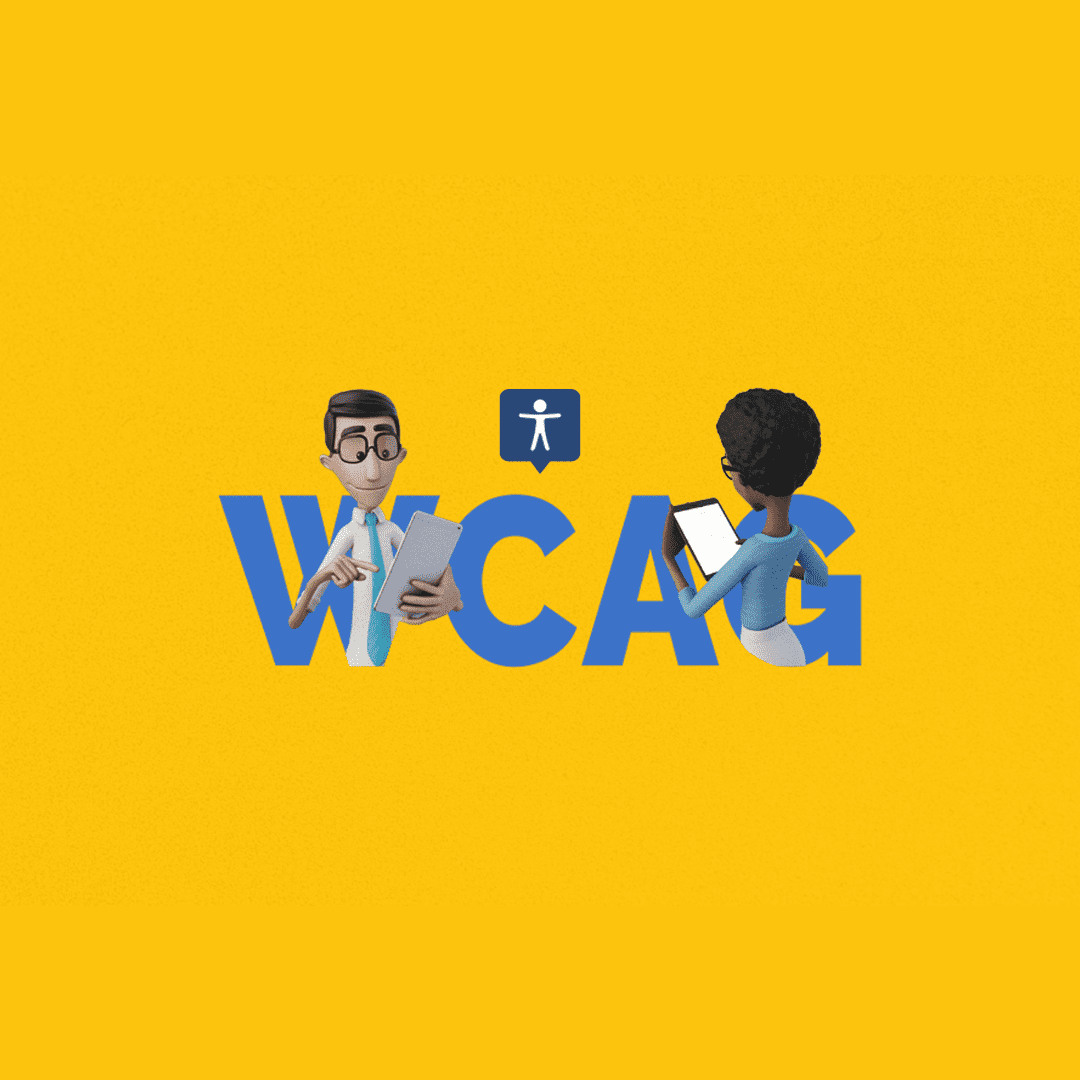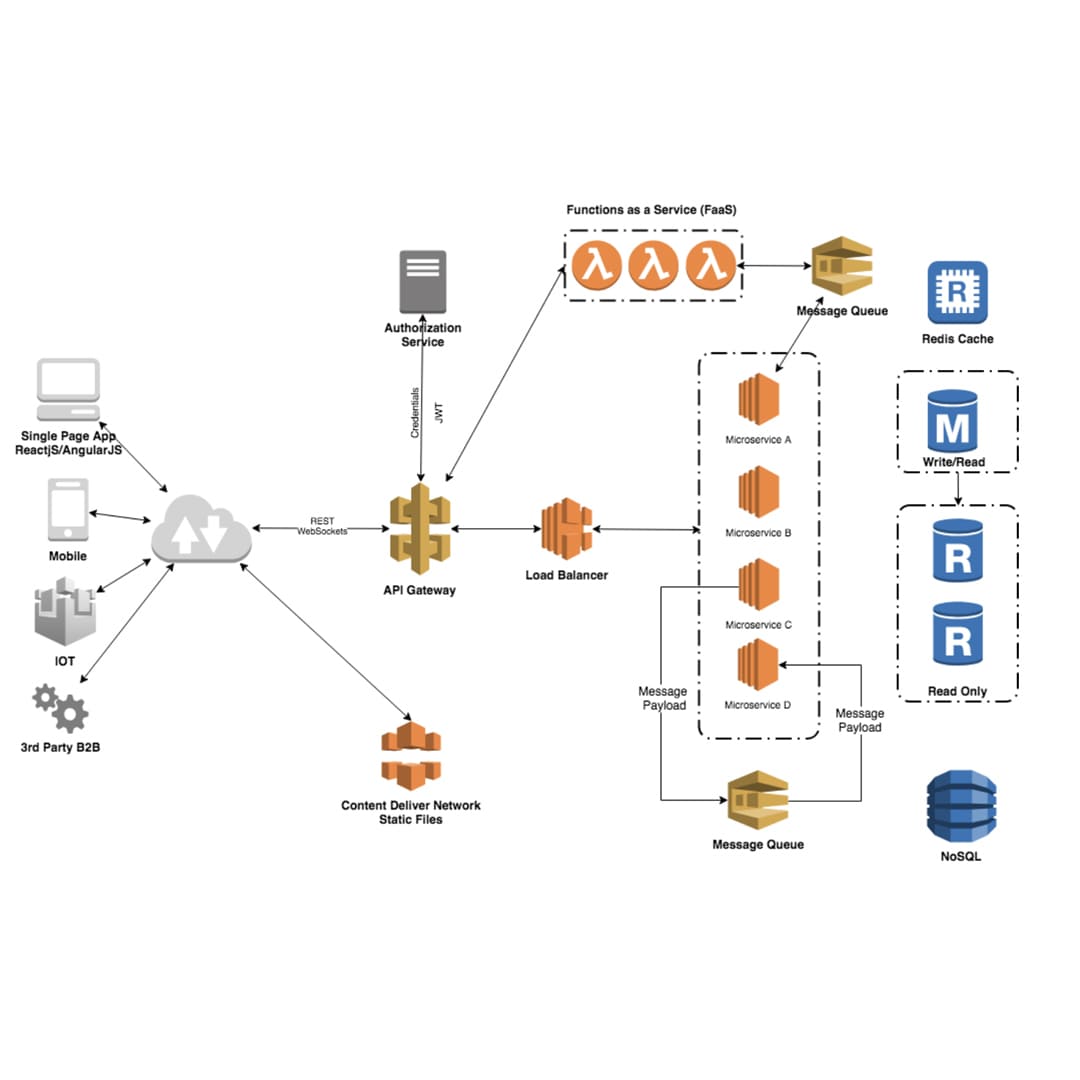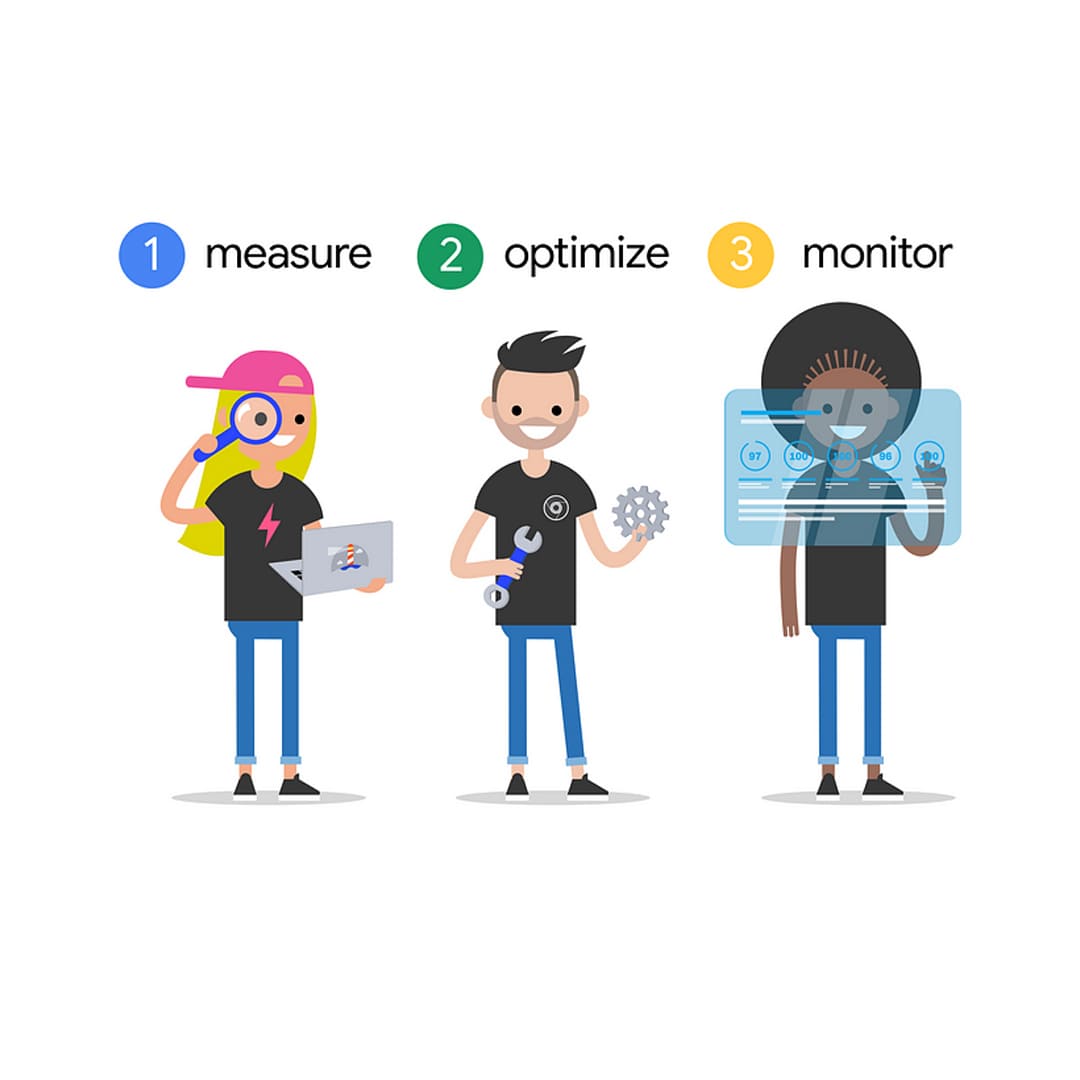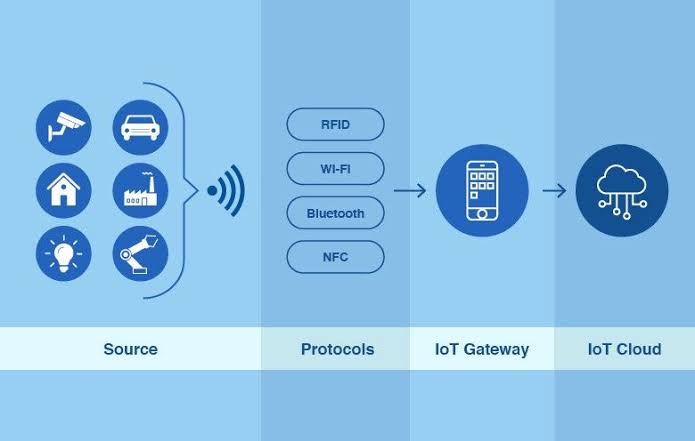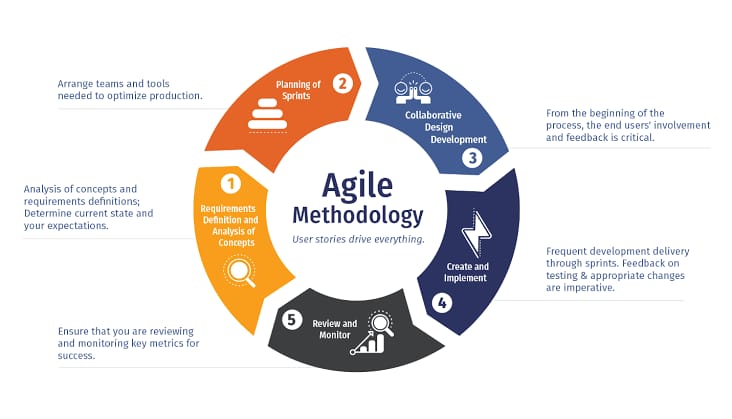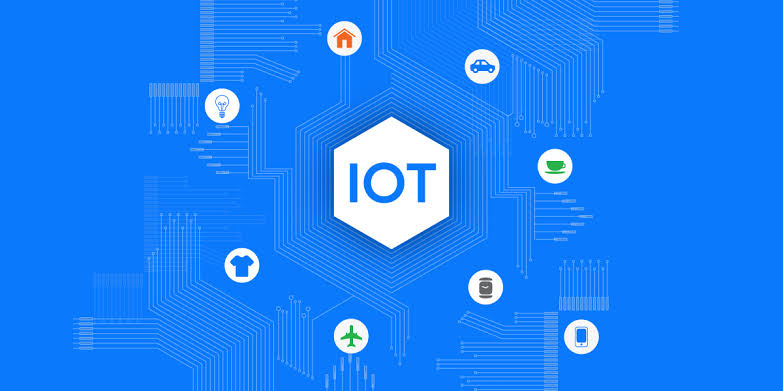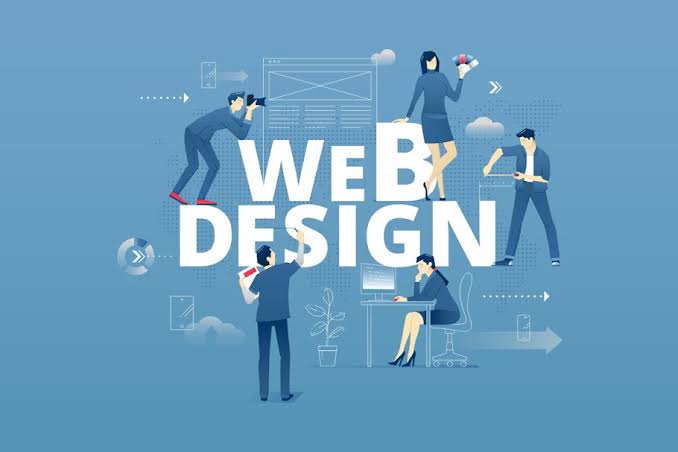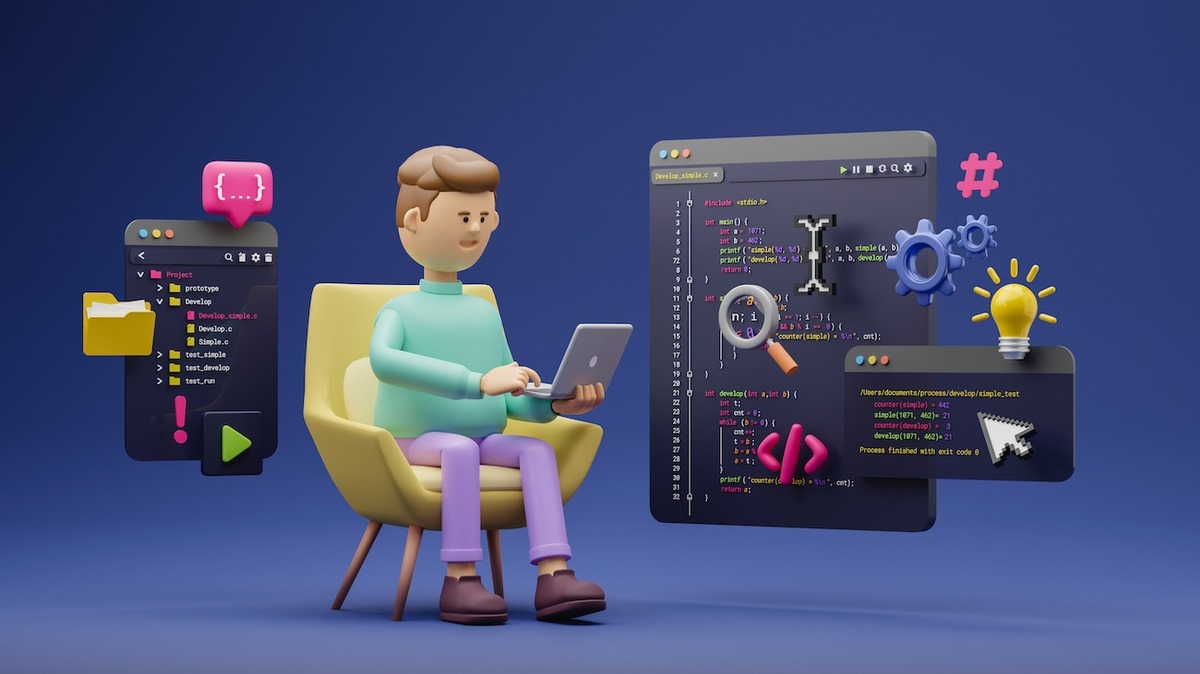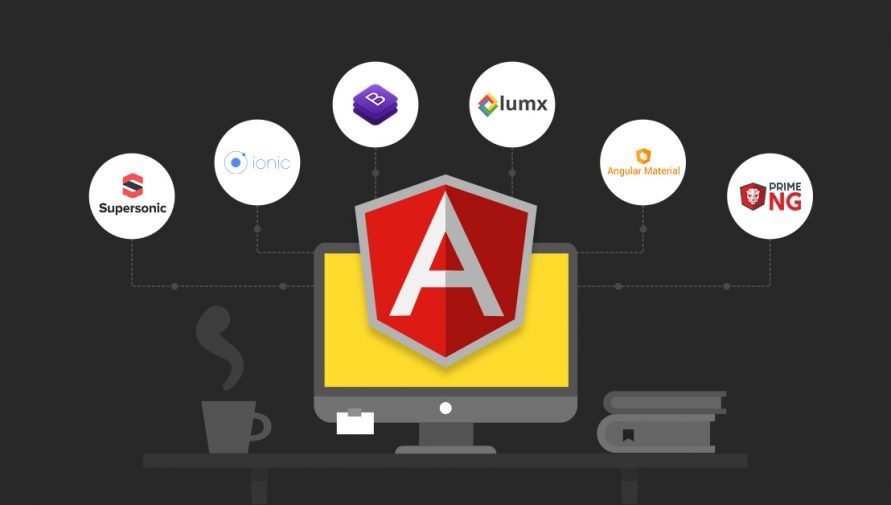Framework Selection Criteria: Modifying Selection Criteria for Different Project Types
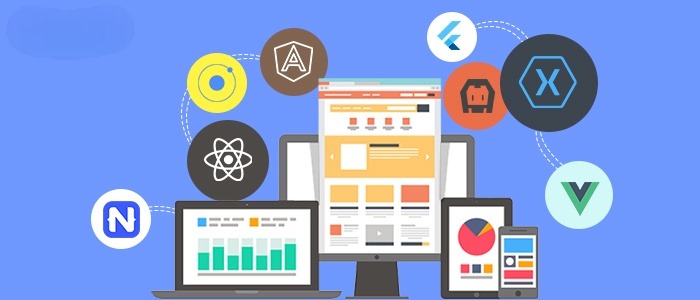
In the arena of development of projects, adopting an appropriate framework is of the utmost importance for the reason that it lays down the foundation for excellence. The most appropriate framework selection is considerably from a universally applicable technique, though. Various project varieties necessitate various combinations of requirements in order to guarantee the most favourable performance. Whether you're initiating a web development project, designing a mobile app, or carrying out statistical analysis tasks, the framework you adopt can have an enormous impact on how productive, flexible, and profitable your project is. We are going to examine the most important selection guidelines for many different project types in the following article, putting the spotlight on those components that can assist those who make decisions and programmers in making well-informed choices that fit according to their particular demands and priorities.
Why Framework Decision-making Is Essential
Let's quickly understand why adopting an appropriate framework is so important prior to digging into specific criteria:
- Efficiency: By offering a starting point of already developed tools and components, a framework can substantially speed up production and minimize the total amount of code involved.
- Scalability: The standards for adaptability differ depending on the task at hand. It's feasible that a framework that is effective for a simple project may not be suitable for an extremely complex application.
- Community & Support: Frameworks with strong communities frequently receive security corrections, have an abundant amount of record keeping, and get updates on a regular basis.
- Project Requirements: The decision you make about the framework will be driven by the particular characteristics and functionalities required to execute your project. Not each framework will be equally acceptable to every project type.
- Development Team Expertise: the development team's level of expertise is an additional significant factor. It may not be preferable to continue with what your team understands if they have previous expertise in a particular framework.
Let's next analyze the choice of criteria for the different project types:
1. E-Commerce websites
E-commerce websites need to be equipped with powerful features for recognizing customers, product management, carts for purchases, and processing payments. Considering the following variables while choosing an e-commerce framework:
Frameworks Developed Particularly for E-Commerce Projects: Certain frameworks, such as Magento and WooCommerce (for WordPress), have been created specifically for e-commerce applications and have e-commerce capabilities integrated into.
Scalability: A significant amount of traffic is frequently observed on e-commerce websites, especially when conducting promotional periods and sales. Make certain that the framework you select expands efficiently.
Security is of the utmost importance when dealing with consumer information as well as transactions. Pick a framework with an established track record of cybersecurity.
2. Mobile apps
There are a pair of fundamental choices when building mobile apps: development for multiple platforms or native development. Below are the variables to consider for each:
Platform-Specific Frameworks: applications for iOS can be developed with Swift or Objective-C, whereas Android applications can be developed utilizing Java or Kotlin. Every single platform has a distinctive set of tools and development frameworks.
Performance: Native apps typically provide accessibility to device-specific capabilities and provide superior performance.
Cross-Platform Development: The cross-platform approach Frameworks: One can develop a program simultaneously and then execute it across different platforms with the help of frameworks like React Native, Flutter, and Xamarin.
Code Reusability: Take into consideration the extent to which of your program's code could potentially be used on several different platforms. Some frameworks that are cross-platform are especially proficient at this.
3. Projects for web applications
Websites for social networking and project administration systems only represent a couple of examples of projects that are included under the broader category of web applications. With regard to the kind of web app, choosing criteria are going to vary, however, certain common considerations include:
Structure: Whether you're developing a single-page application (SPA), a typical multi-page app, or a progressive web app (PWA), adopt a framework that complements your planned structure.
Real-Time Features: Taking into consideration frameworks containing embedded web sockets compatibility if the application requires real-time functions like chat or notifications.
Database requirements: You might require a framework that has been developed for either relational databases, NoSQL ones, or both depending upon your data structure.
4. CMS, or content management systems
Simple navigation and versatility have become crucial for CMS platforms, which serve as the foundation for content generation and administration. Consider:
Frameworks Specialized for Developing Content Management Systems: Some frameworks, for example, Drupal and WordPress (both PHP-based), primarily concentrate on the design and development of content management systems.
Customization: Assessment of the CMS's flexibility to the specific content requirement. A customizable framework is essential.
Community and Plugins: A strong ecosystem of themes and plugins in combination with a strong community of developers assists in streamlining the development procedure.
The selection of a suitable structure can be compared with establishing the foundation for an effective undertaking in the complicated realm of web development. The requirements for choosing frameworks are equally numerous as the undertakings themselves, whether you're launching an e-commerce business, developing a mobile app, or constructing a website with an abundance of content. You may customize the option you choose to the particular requirements of the task at hand by meticulously taking into consideration variables like reliability, safety, building design, and the number of years of competence on the team who are developing it. There is no one choice which is suitable for everyone, but making an informed choice gives you a good foundation on which you can construct as you move towards a profitable web development dedication. Take the time to think through the particular requirements of your undertaking and make a knowledgeable choice considering the framework you adopt will have an effect on the success of the project you're working on.
Recent Stories
500k Customer Have
Build a stunning site today.
We help our clients succeed by creating brand identities.
Get a Quote









